Want to Buy this product on TPT Store?
Features of Our Worksheets
- 16 Engaging Passages: Each passage is thoughtfully written to captivate young minds and enhance comprehension.
- 34 Printable PDF Pages: The worksheets are easy to print and include all necessary materials for effective learning.
- Coloring Clipart: Each page features clipart related to the passage, allowing children to color and enjoy the learning process.
- Solved Pages Included: Solutions are provided to help teachers and parents assess understanding and guide instruction.
- Table of Contents: Organized and easy to navigate, ensuring a smooth and efficient learning experience.
Benefits of Our Worksheets
- Interactive Learning: Combining reading with coloring makes learning enjoyable and interactive for young children.
- Skill Enhancement: These worksheets help improve vocabulary, critical thinking, and comprehension skills.
- Engagement: The colorful illustrations and engaging content keep children motivated and interested.
- Ease of Use: The printable format is convenient for both classroom and home use.
- Support for Educators: Solved pages provide a valuable resource for teachers to assess and guide students effectively.
How to Use These Worksheets
- Print the Worksheets: Download and print the PDF pages to get started.
- Read the Passages: Encourage children to read the passages carefully.
- Answer Questions: Have children answer the comprehension questions and choose the correct options provided.
- Color the Clipart: Allow children to color the related clipart, making the activity fun and interactive.
- Review Answers: Use the solved pages to check answers and provide feedback.
These Kindergarten Reading Comprehension Worksheets are designed to provide a comprehensive, enjoyable, and effective learning experience for young readers. Enhance your child’s reading skills and make learning a fun adventure with our engaging and educational worksheets. Download your free set today and start your journey towards improved reading comprehension!
Kindergarten Reading Comprehension: A Foundation for Lifelong Learning
Reading comprehension in kindergarten is a critical aspect of early childhood education, laying the groundwork for future academic success and fostering a love for reading. At this formative stage, children develop the ability to understand, interpret, and derive meaning from the texts they read. Effective kindergarten reading comprehension programs incorporate engaging content, interactive activities, and supportive teaching methods to help young learners master these essential skills.
Benefits of Kindergarten Reading Comprehension
- Enhanced Cognitive Development:
- Comprehension activities stimulate young minds, improving critical thinking and problem-solving abilities.
- Improved Vocabulary:
- Exposure to new words and phrases expands children’s vocabulary, helping them communicate more effectively.
- Better Listening Skills:
- Listening to stories and following along with text enhances auditory processing and concentration.
- Stronger Memory:
- Recalling details from stories boosts memory and retention capabilities.
- Increased Imagination and Creativity:
- Reading diverse stories sparks creativity and encourages imaginative thinking.
- Social and Emotional Growth:
- Understanding characters and storylines helps children develop empathy and emotional intelligence.
- Foundation for Future Learning:
- Early comprehension skills set the stage for success in later grades, as reading is integral to all subjects.
- Confidence Building:
- Mastery of reading comprehension builds self-confidence, motivating children to tackle more complex texts.
FAQs About Kindergarten Reading Comprehension
- What is reading comprehension in kindergarten?
- Reading comprehension in kindergarten involves understanding and interpreting text. It includes skills such as recalling facts, identifying main ideas, and making predictions about stories.
- How can parents support reading comprehension at home?
- Parents can support their children’s reading comprehension by reading with them regularly, discussing stories, asking questions, and encouraging them to express their thoughts and opinions about the text.
- What types of activities improve reading comprehension in young children?
- Activities such as interactive storytime, question-and-answer sessions, drawing scenes from stories, and engaging in storytelling can significantly enhance reading comprehension.
- How do teachers assess reading comprehension in kindergarten?
- Teachers assess reading comprehension through various methods, including oral and written questions, retelling exercises, drawing interpretations of stories, and observing children’s responses to reading activities.
- What are some effective strategies for teaching reading comprehension?
- Effective strategies include using picture books with vibrant illustrations, incorporating interactive and hands-on activities, employing repetitive and predictable texts, and providing opportunities for discussion and expression.
- Why is it important to start reading comprehension early?
- Early reading comprehension is crucial because it builds the foundation for all future learning. It helps children become proficient readers, which is essential for academic success across all subjects.
- How often should kindergarten children practice reading comprehension?
- Consistent practice is key. Daily reading sessions, even if they are brief, can significantly benefit young learners. Integrating reading into everyday routines helps reinforce skills.
- Can technology aid in teaching reading comprehension to kindergarteners?
- Yes, educational apps and interactive e-books can be valuable tools in teaching reading comprehension. These resources often include engaging animations and interactive elements that make learning fun and effective.
Conclusion
Kindergarten reading comprehension is more than just learning to read; it is about understanding and enjoying the stories and information that books provide. By fostering these skills early, we equip children with the tools they need for academic success and a lifelong love of reading. Through supportive teaching methods, engaging content, and consistent practice, young learners can develop strong reading comprehension skills that will benefit them throughout their educational journey.








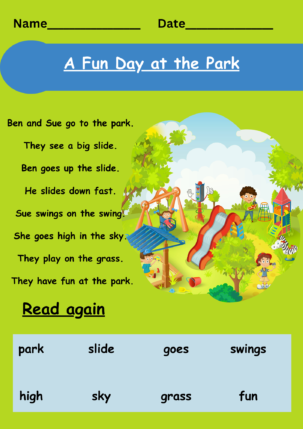
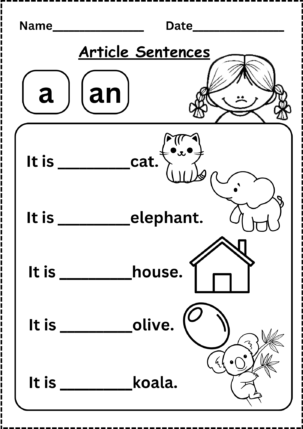

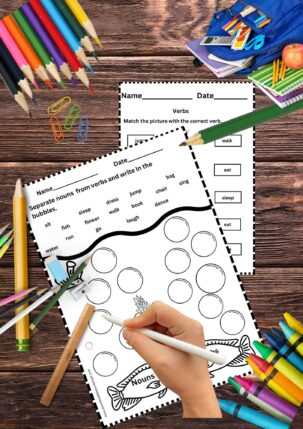
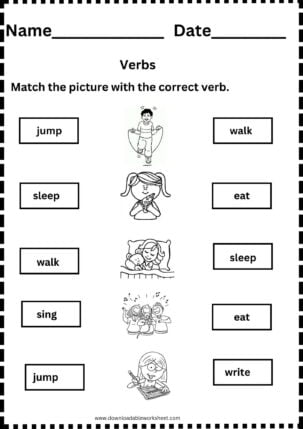

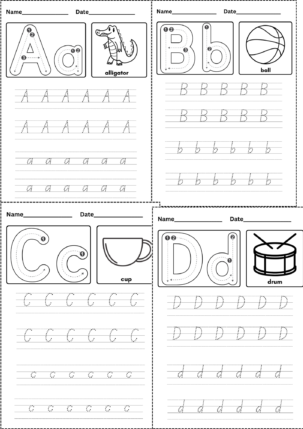
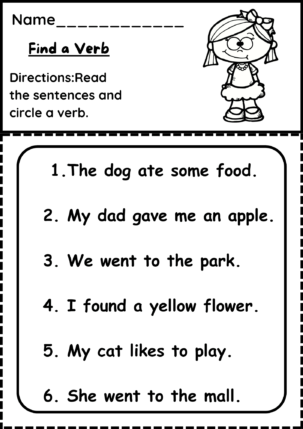

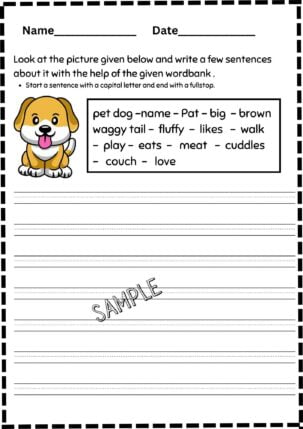
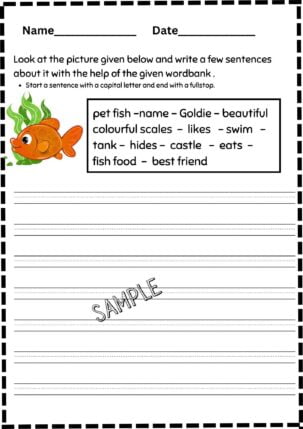

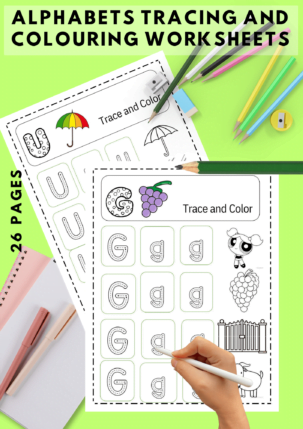
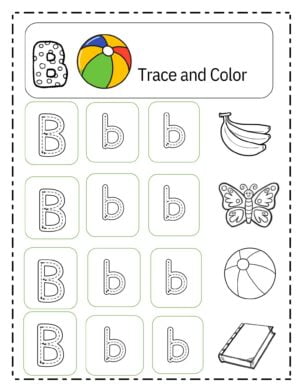

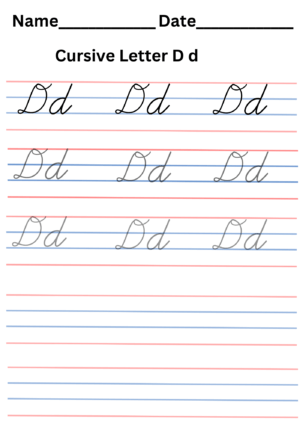
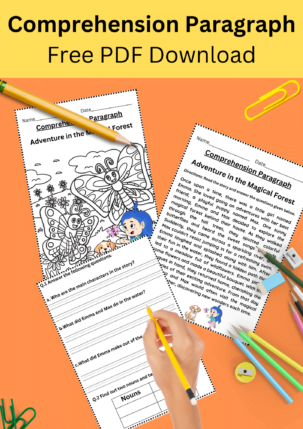
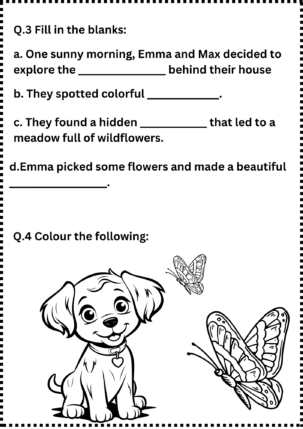

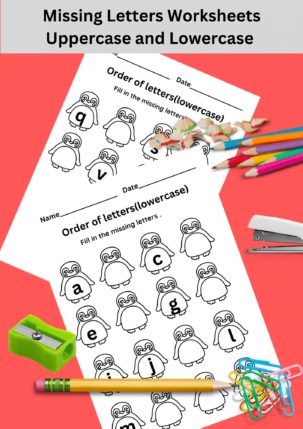
Sajida Khalid –
It’s very beneficial resources.
Sajida Khalid –
Excellent resources.
Chara –
Perfect worksheets